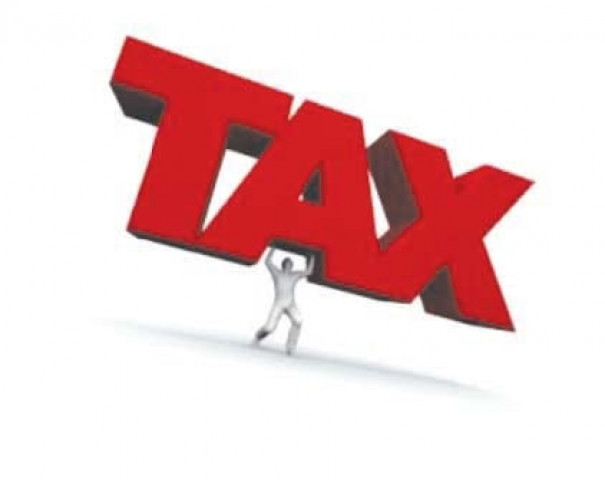Flood tax and the RGST
Passing the RGST bill may be hard, but, in the long run, it is also the right thing to do.

Flood tax and the RGST
The problem with Pakistan’s taxation system is not that the tax rates are too high or too low. It is that far too many people escape being taxed altogether, either through lobbying for exemptions or by avoiding documentation. Levying a flood tax would simply burden those who are already shouldering the entirety of the civic responsibility of paying taxes. Instead of going through a constitutional backdoor for such a small sum, we would suggest that the government grit its teeth and push for the value added tax, now referred to as the reformed general sales tax (RGST). The tax has several merits, not least of which is the fact that it is not a new tax but rather a reduction in the rate of the current GST. Changes to the tax regime will yield higher revenues by eliminating the many exemptions in the system. It also has the added advantage of levying the tax across the value chain, instead of placing the entire burden on the end user, making it an inherently fairer tax.
Admittedly, the RGST is regressive in nature, since it taxes consumption — poorer segments of society consume more of their income, thus paying a higher rate of taxes. But the current proposal for the RGST has critical exemptions for essential items, thus removing at least some of its regressive nature. Passing the RGST bill may be hard, but, in the long run, it is also the right thing to do.
Published in The Express Tribune, March 3rd, 2011.















COMMENTS
Comments are moderated and generally will be posted if they are on-topic and not abusive.
For more information, please see our Comments FAQ